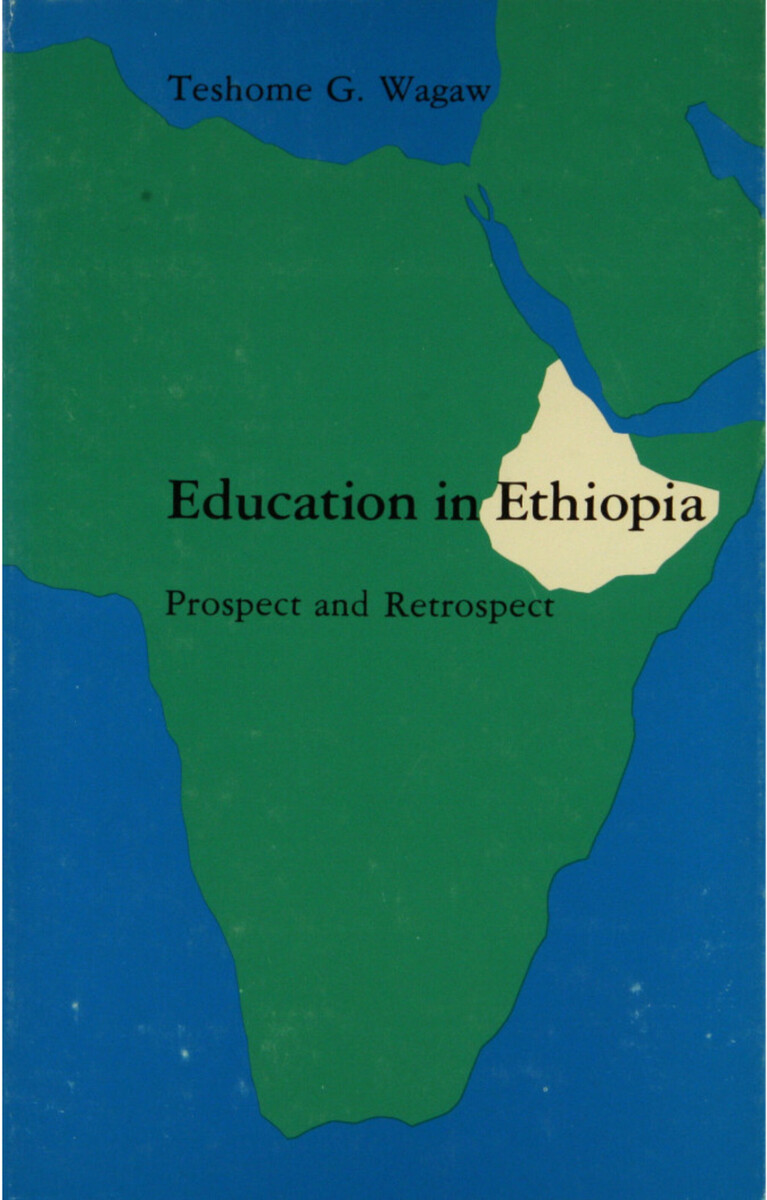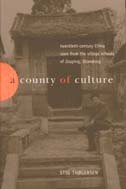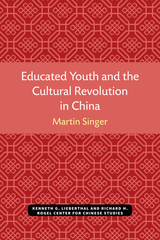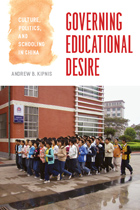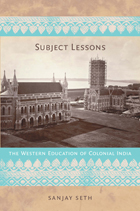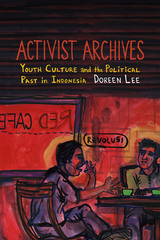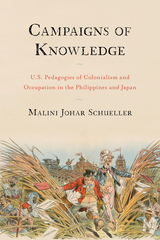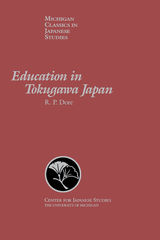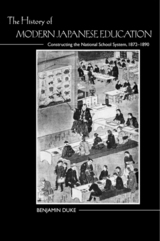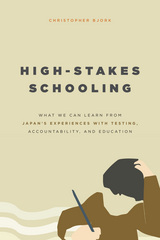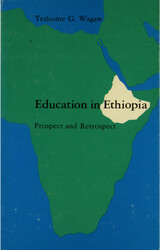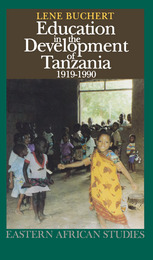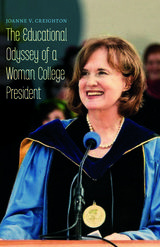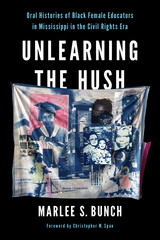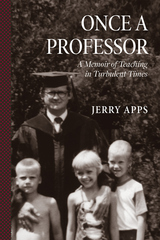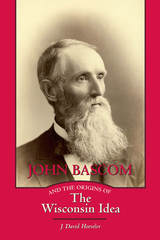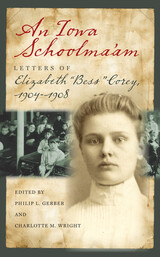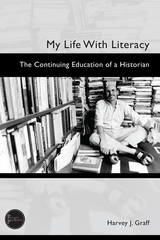Education in Ethiopia
University of Michigan Press, 2025
Cloth: 978-0-472-08945-1 | eISBN: 978-0-472-22314-5 (standard)
Library of Congress Classification LA1516.W33
Dewey Decimal Classification 370.963
Cloth: 978-0-472-08945-1 | eISBN: 978-0-472-22314-5 (standard)
Library of Congress Classification LA1516.W33
Dewey Decimal Classification 370.963
ABOUT THIS BOOK | AUTHOR BIOGRAPHY | REQUEST ACCESSIBLE FILE
ABOUT THIS BOOK
The Ancient Greeks imagined it to be the abode of the gods; scholars of the Middle Ages called it the land of Prester John; the prophent Mohammed urged the faithful to seek refuge from religious persecution among the hospitible people of Abyssinia. One of the oldest independent nations-states in the word, Ethiopia is little known or understood by the outside world even today. In this book, a native scholar and educator examines one area of Ethiopian history—educational change. Working from first-hand sources, personal experiences, and archival documents, Professor Wagaw analyzes the development of education in Ethiopia from an ancient, rigid, church-controlled system to the modern public school system, a product of changing times and public demand. This is an invaluable source for those interested in Ethiopian culture and education, those engaged in research in comparative education, and those interested in the process of African and Third World modernization.
See other books on: Education | Ethiopia | History | Reference
See other titles from University of Michigan Press
